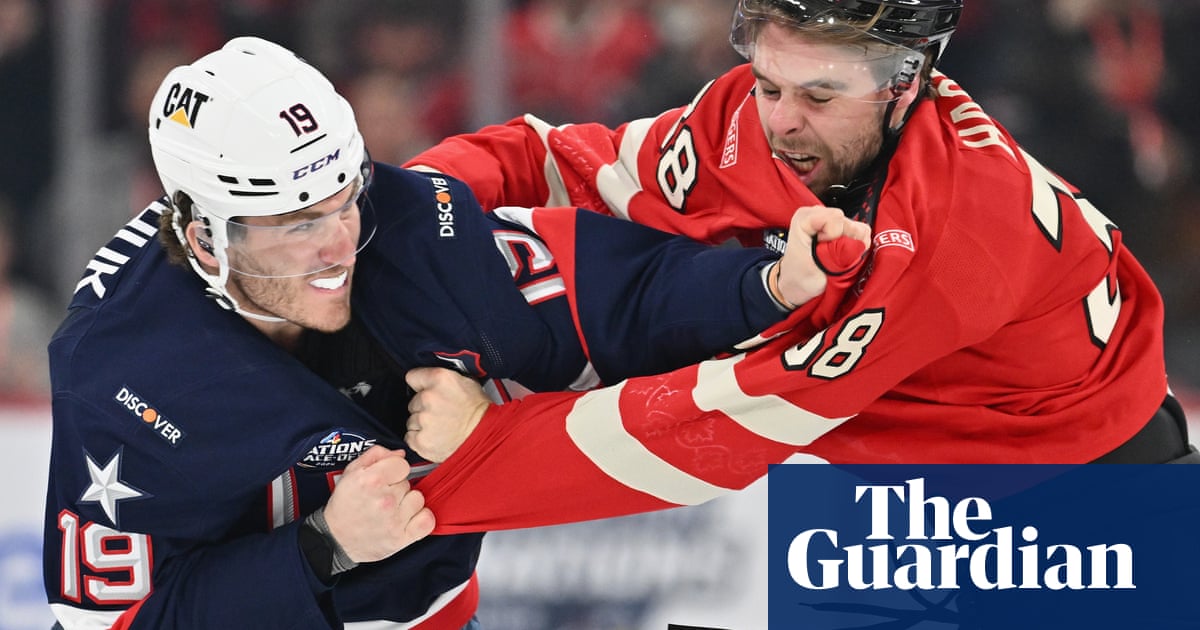For the first time in more than a decade, the world’s best hockey players will take center stage at the Olympic Games.
The National Hockey League (NHL), NHL Players’ Association (NHLPA), International Ice Hockey Federation (IIHF) andInternational Olympic Committee(IOC) have finalized a long-awaited agreement confirming NHL players will participate in the Milano-Cortina 2026 Winter Olympics, ending a 12-year Olympic absence and setting the stage for a renewed era of best-on-best international competition.
The landmark deal, signed Wednesday in Zurich, also covers participation in the 2030 Winter Games in France and paves the way for a recurring cycle of major international hockey tournaments, including plans for a 2028 and 2032 World Cup of Hockey.
“This is a tremendous day for international ice hockey and for fans across the globe,” said IIHF president Luc Tardif. “Bringing the best players in the world back to the Olympic Games in 2026 is a major step forward for our sport.”
NHL players last competed at the Olympics in 2014 in Sochi, but missed the 2018 and 2022 Games due to financial disputes and pandemic-related complications. For many of the league’s brightest stars, Milano-Cortina will be their first opportunity to represent their countries at the Olympic level.
“The return to the Olympics marks a monumental moment for hockey,” said NHLPA executive director Marty Walsh. “Best-on-best international tournaments like the Olympics provide the opportunity to create extraordinary moments for our players and fans alike.”
Among the 12 nations competing in the men’s tournament, several have already revealed their first six preliminary selections, all of them NHL stars. Team USA’s early roster features Jack Eichel, Quinn Hughes, Auston Matthews, Charlie McAvoy as well as brothers Brady and Matthew Tkachuk. The tournament will run from 11 through 22 February 2026.
While the agreement has been in the works for over a year, finalizing it required prolonged negotiations and delicate coordination between all four governing bodies. “It’s been a long time coming,” said NHL deputy commissioner Bill Daly. “Our stars are thrilled to be there and take part in the Olympics. It’ll be great for hockey – including the National Hockey League.”
To mark the occasion, the NHL is planning a special send-off event in February at UBS Arena in New York. The gathering, expected to replace the traditional All-Star Weekend, will bring Olympic-bound players together before they depart for Italy.
The decision is about more than player experience or competitive balance, but part of a wider effort to grow the sport on a global scale.
“One of the benefits, clearly, of NHL players being able to participate in the Olympics is we’re expanding the reach of the sport,” Daly said. “The Olympics is the world’s biggest stage for sports.”
NHLPA senior director for international strategy Rob Zepp echoed that view, describing the Olympics as a unique opportunity to connect with new audiences. “This increased broader viewership allows us to cast a wider net and drum more people into the game,” he said.
The deal also reflects a shared long-term vision. According to Daly and Tardif, the NHL and its partners are committed to a regular cadence of top-level international events, alternating between the Olympics and the World Cup of Hockey every two years. If successful, this would mark the first time the sport has achieved a consistent best-on-best schedule in the modern era.
Looking further ahead, both parties expressed optimism about NHL participation at the 2034 Winter Games in Salt Lake City. “If we do well [in 2026 and 2030], I would be surprised if we organize a competition without the NHL,” said Tardif.
For now, the focus shifts to Milano-Cortina, where fans will once again witness hockey’s elite face off for Olympic gold, a long-awaited return that promises to reshape the international landscape and inspire a new generation.
As Daly put it: “We’re looking forward to it. It’s going to be great for hockey.”
